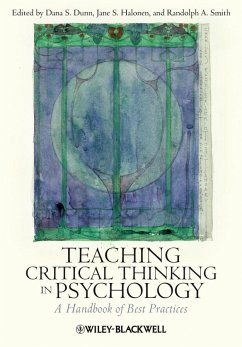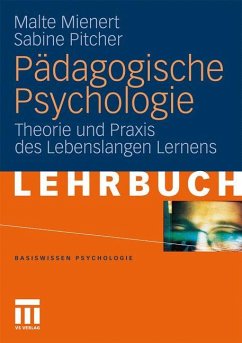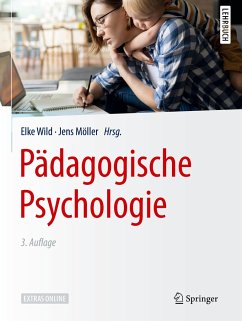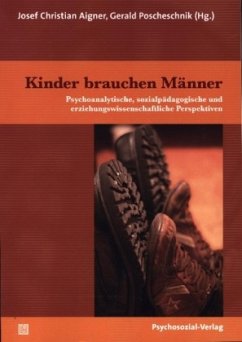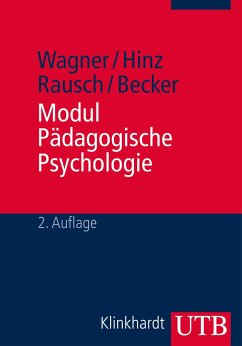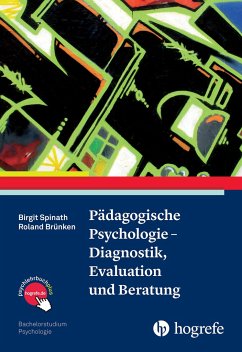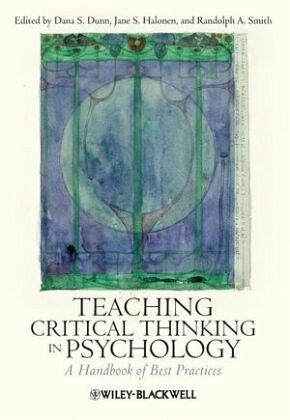
Teaching Critical Thinking in Psychology
A Handbook of Best Practices
Herausgegeben: Dunn, Dana S.; Halonen, Jane S.; Smith, Randolph A
Versandkostenfrei!
Versandfertig in über 4 Wochen
125,99 €
inkl. MwSt.

PAYBACK Punkte
63 °P sammeln!
Teaching Critical Thinking in Psychology features current scholarship on effectively teaching critical thinking skills in the discipline of psychology. These skills include the ability to recognize patterns; to solve problems in practical, creative, or scientific ways; to engage in psychological reasoning; and to adopt different perspectives when evaluating ideas or issues. Through these skills students improve their abilities to observe, infer, question, decide, develop new ideas, and analyze arguments.Using original materials and perspectives, this edited volume provides novel and nontraditi...
Teaching Critical Thinking in Psychology features current scholarship on effectively teaching critical thinking skills in the discipline of psychology. These skills include the ability to recognize patterns; to solve problems in practical, creative, or scientific ways; to engage in psychological reasoning; and to adopt different perspectives when evaluating ideas or issues. Through these skills students improve their abilities to observe, infer, question, decide, develop new ideas, and analyze arguments.
Using original materials and perspectives, this edited volume provides novel and nontraditional approaches to teaching critical thinking, including strategies, tactics, diversity issues, service learning, and the use of case studies. Written by experts in the field, this accessible collection provides instructors with a showcase for best practices for teaching critical thinking issues at all levels of psychology.
Using original materials and perspectives, this edited volume provides novel and nontraditional approaches to teaching critical thinking, including strategies, tactics, diversity issues, service learning, and the use of case studies. Written by experts in the field, this accessible collection provides instructors with a showcase for best practices for teaching critical thinking issues at all levels of psychology.



